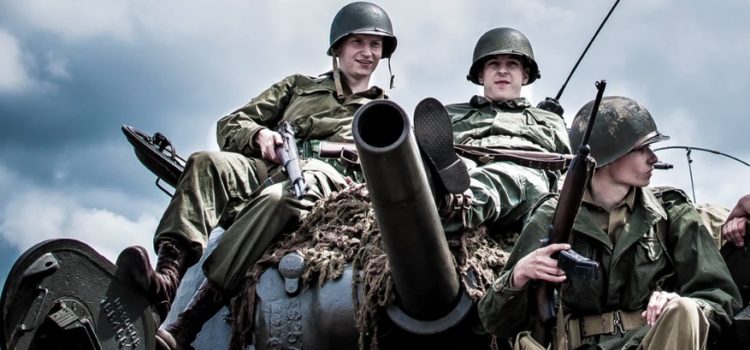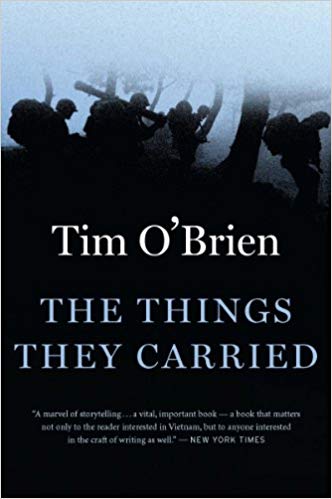

This article is an excerpt from the Shortform summary of "The Things They Carried" by Tim O'Brien. Shortform has the world's best summaries of books you should be reading.
Like this article? Sign up for a free trial here .
What happens in The Things They Carried “The Man I Killed” chapter? How does the chapter “The Man I Killed” change the tone of the novel?
We’ll look at the basic elements of The Things They Carried‘s “The Man I Killed” chapter and look at how the shame and horror of war present themselves after the war is over.
The Things They Carried: “The Man I Killed”
In this chapter of The Things They Carried, “The Man I Killed,” O’Brien vividly recalls the VC soldier he killed. He describes him as a “dainty young man” who was left with a star-shaped hole in his eye after O’Brien’s grenade tore through him. O’Brien stresses that he did not kill him out of any personal malice, nor out of any moral or political conviction, or even out of a sense of military duty. Seeing the young enemy soldier pass by a few meters away, O’Brien simply pulled the pin on his grenade and lobbed it at him as a purely automatic function. It was not even an act of self-defense—O’Brien knows that this soldier would have almost certainly passed him by harmlessly had he simply done nothing. He remains deeply traumatized by the experience, haunted by it even decades later.
Azar, in his typically callous manner, described the body as being like “Shredded fuckin’ Wheat.” Kiowa, however, tried to comfort O’Brien about what he’d done, telling O’Brien that he had had no choice in the matter. It was war and it could have just as easily been O’Brien lying dead. Kiowa reminded O’Brien of the fatalistic circumstances of war—the man would likely have been killed anyway, if not by O’Brien, then by someone else. Critically, O’Brien remembers Kiowa urging him to talk about his feelings instead of suppressing them in this chapter of The Things They Carried, “The Man I Killed.” Kiowa was encouraging O’Brien to fulfill his role as a storyteller.
O’Brien then takes us through an imagined biography of the young man he killed.
(Shortform note: It is another example of the blurred line between fact and fiction and the subjective nature of even “true” war storytelling. O’Brien, of course, couldn’t have known in any absolute sense the details of this soldier’s life, but he shares it with us anyway. The story is true, because it represents the kind of thing that did happen in Vietnam, and serves as a stand-in for the untold stories of the hundreds of thousands of Vietnamese who died in the war. Perhaps most importantly, it evokes the proper sense of shame and sadness in the reader.)
In The Things They Carried‘s “The Man I Killed,” the young man was born in the village of My Khe around 1946, into a family that had resisted French colonialism (though the young man himself was not a Communist). Like O’Brien, the young soldier was subjected to peer pressure from his community about the necessity of military service. He was bombarded with stories about the famed military exploits of his family and how it was his duty to follow in their footsteps. He, too, was afraid of disgracing himself.
But he’d had no stomach for soldiering. He had a passion for mathematics and had wanted to pursue a scholarly life. He’d fallen in love with a classmate at the university in Saigon (whose photo O’Brien and Kiowa found on the young man’s corpse) whom he married, later returning with her to his village. Giving in to the same fear of shame as O’Brien, the young man enlisted with a VC battalion, where he was killed on his first day in combat. This is what O’Brien imagines in this chapter of The Things They Carried, “The Man I Killed.”
———End of Preview———

Like what you just read? Read the rest of the world's best summary of "The Things They Carried" at Shortform . Learn the book's critical concepts in 20 minutes or less .
Here's what you'll find in our full The Things They Carried summary :
- What the Vietnam War was like for soldiers on the ground
- How Vietnam soldiers dealth with the psychological stress of death around them
- How fictional stories can be truer than the truth






